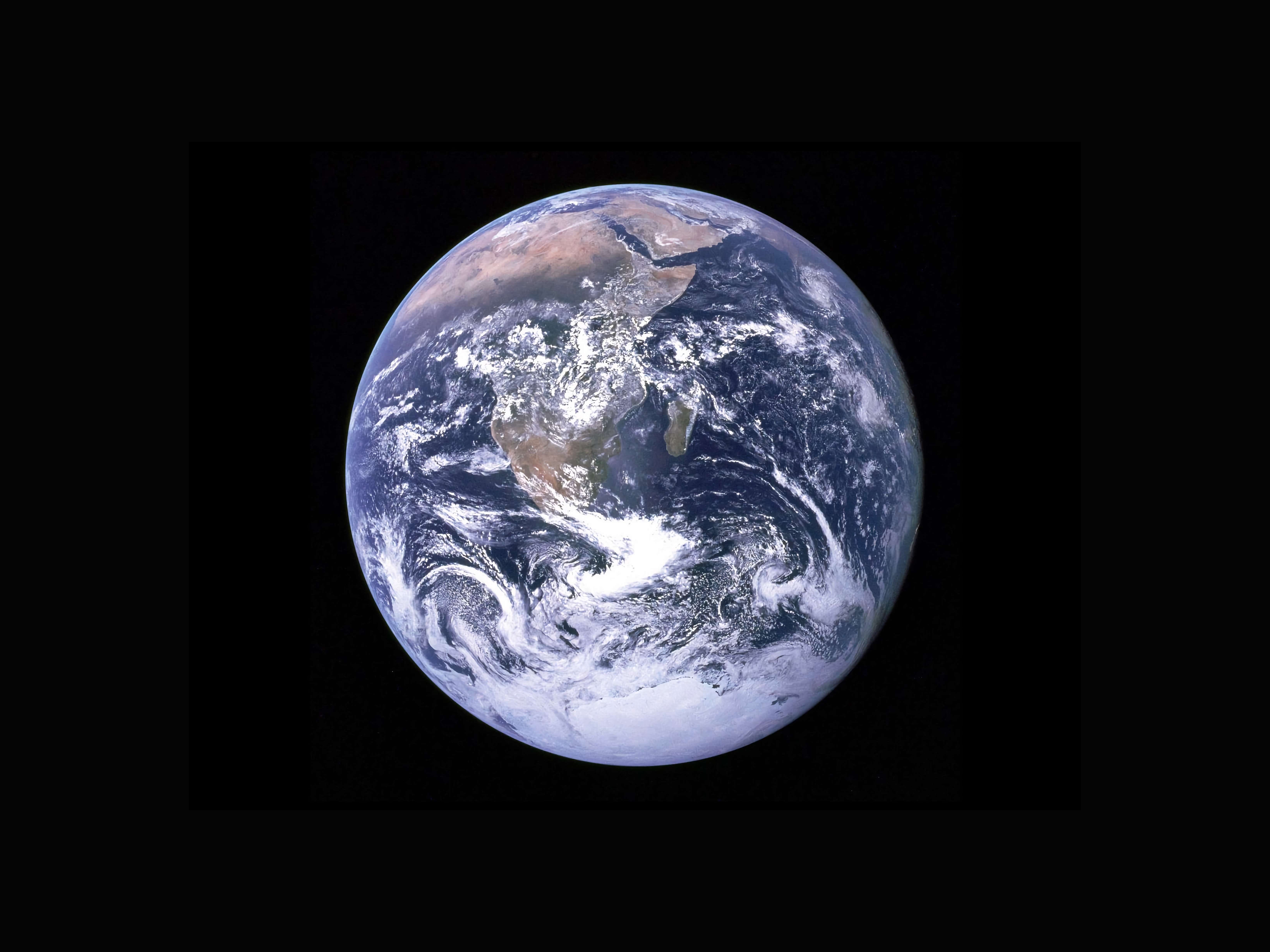Integrating Climate Change and Transitional Justice

While much of transitional justice work to date has overlooked environmental issues, climate change is widespread, rapid, and intensifying, according to the recently released Intergovernmental Panel on Climate Change (IPCC) report. This highlights the urgency with which climate change must be incorporated into the transitional justice landscape.
Although there is no direct proven correlation between climate change and conflict, various reports such as the ICRC report, “When Rain Turns to Dust”, suggest that countries enduring conflict are less able to cope with climate change, precisely because their ability to adapt is weakened by conflict. As a result, recent work has focused on the ways in which climate change can exacerbate and contribute to conflict in fragile contexts. Climate change is also mapped onto existing landscapes of environmental, social, economic, and cultural injustices. Climate-induced issues such as displacement, food scarcity, pollution, and drought, to name a few, are never separate from existing issues. Access to services and social safety nets for resilience in times of climate crisis are all a part of access to justice. The Global Initiative for Justice, Truth and Reconciliation (GIJTR), an initiative of the International Coalition of Sites of Conscience, has explored these topics through work on migration and transitional justice, indigenous communities and transitional justice, and economic, social, and cultural rights.
This piece will briefly outline a few ideas for how transitional justice and climate change fields can be better integrated to come up with justice and environmental solutions. Particularly, thinking deeply about the harm that is incurred by the effects of climate change and how it can be dealt with in sensitive, creative, and community-based ways is crucial.
As far as solutions, there is great potential for advancing the visibility of climate change through regional, national, or international frameworks for transitional justice. In Africa specifically, governments have long acknowledged the realities of climate change. For example, the African Regional Forum on Sustainable Development expressed “the urgent need to deal with climate change and silence the guns” in Africa. It identified how problems of climate change and unemployment (especially among youth) are directly linked to increasing forms of violence and instability. Additionally, in March 2021, the African Union Peace and Security Council (AU PSC) issued an unprecedented communiqué acknowledging the general negative effects of climate change and the specific growing threat that climate change poses to socio-economic development, as well as to sustainable peace, security and stability in Africa, and to the livelihoods and general well-being of the African people.
Despite these pronouncements, however, there is still a discernible gap in terms of action in the policy sphere. The 2019 African Union Transitional Justice Policy, for example, which deals with redress and accountability for past harm done, does not engage with the issue of climate change in a direct manner. This gap hinders the recognition of climate change within existing TJ frameworks, but these frameworks have the potential to address the climate change issue and recognize it as a serious contributor to conflict.
Second, there is the possibility of increasing understanding of the impacts of climate change on transitional justice needs. This could take the form of incorporating climate change impact assessments, environmental assessments, and general understanding of the environmental challenges faced by groups in the contexts where transitional justice processes are needed. For GIJTR’s work specifically, this could involve discussing with local partners if in the course of their work, they have encountered climate change as an issue and providing sub-grants for them to further explore the environmental side of the transitional justice work they are currently undertaking. Expanding work on economic, social, and cultural rights (ESCR) can address many of the existing inequities that contribute to the unequal effects of climate change on communities. Jasmina Brankovic, Senior Researcher and Advocacy Specialist, at the Centre for the Study of Violence and Reconciliation (CSVR) – a GIJTR Consortium partner based in South Africa – noted that because environmental issues are so deeply intertwined with economic, social, and cultural rights (ESCR), it is important to continue to push to include ESCR in transitional justice processes. GIJTR’s Economic, Social and Cultural Rights in Transitional Justice project addressed many of these issues, specifically discussing the need for better incorporation of ESCR into transitional justice mechanisms.
Third, transitional justice mechanisms have potential for offering tools to the climate sphere. Brankovic’s work has focused specifically on this topic, drawing on the ways that transitional justice tools can be applied to the climate space. Her 2018 book, “The Global Climate Regime and Transitional Justice,” co-authored with Sonja Klinsky, Associate Professor at the School of Sustainability at Arizona State University, outlines current and potential future work on the topic. She described the importance of working with affected communities to assess which kinds of transitional justice tools can be applied to their experience, suggesting one model could be a localized truth commission looking at environmental and climate abuses with a campaign attached to it. She explained, “Transitional justice basically offers these ideas, showing that it’s necessary to look back and look forward in order to build solidarity and the possibility of collective action.”
Fourth, more work should be done theorizing how climate change may fit into the more creative and artistic sides of transitional justice work, specifically around memorialization. Initiatives such as the Climate Museum in New York City seek to merge creative expression with understanding of climate impacts, but further work should be undertaken to understand how memorialization work can better realize the ways in which communities are affected by climate change. It should also seek to understand whether there are climate elements that can be incorporated into existing memorialization practices.
This blog post has outlined some of the ways in which climate change and transitional justice are interlinked and some potential future avenues for research and work. Climate change represents an urgent environmental issue that is also mapped onto existing environmental precarities and social issues. It serves as a crucial entryway for understanding how transitional justice mechanisms can inform and be informed by environmental issues through links to political, social, cultural, and economic realities. Please follow this page closely, as there are numerous other interconnections between environmental issues and transitional justice that will be explored in this blog series, such as displacement, conservation, and private sector actors to name a few.
This blog was written by:

Rachel Stern
Former staff at the International Coalition of Sites of Conscience

